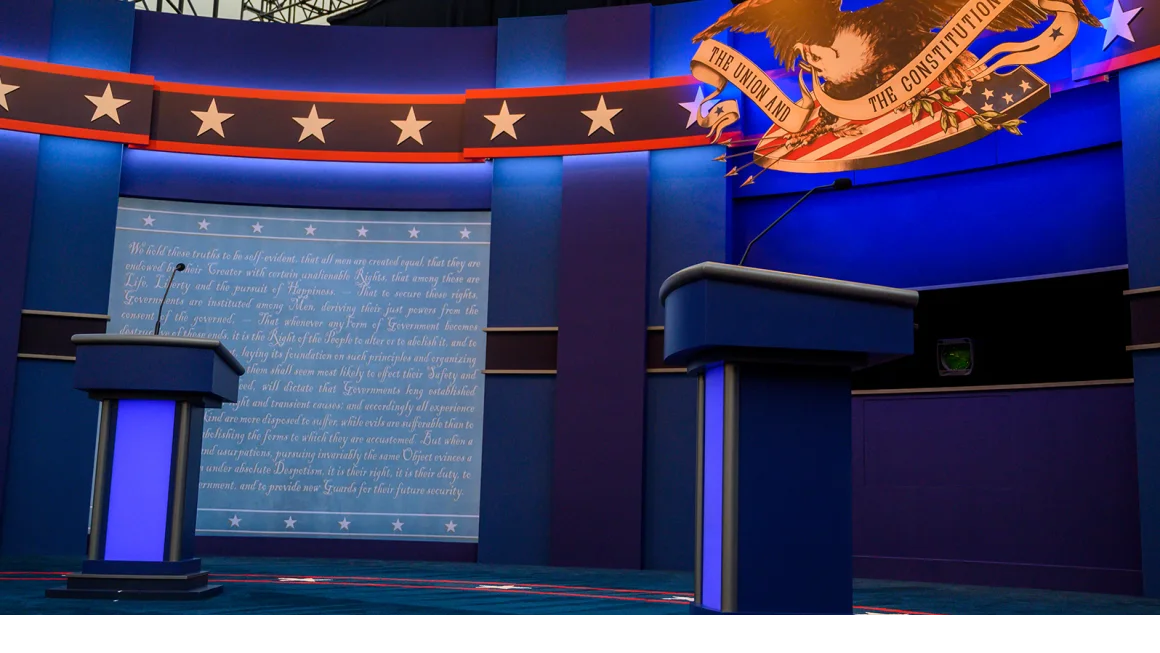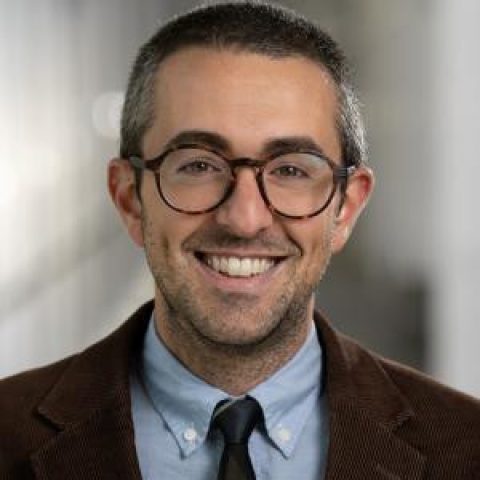
This event is fully booked and does not accept non-member walk-ins.

Image from edition.cnn.com
A unique opportunity to experience one of the historical moments beyond time zones and distances together – join us on the morning of 11 September to watch the U.S. Presidential Debate Live. This event features the much-anticipated debate between Vice President Kamala Harris and former President Donald Trump.
Join us for a morning of strategic dialogue and networking opportunities. The Chamber office will open at 8:30 am with live-stream debate coverage starting at 9 am. Guest speakers will share thoughts and comments during the debate and ad breaks, followed by a panel after the debate to discuss how the results might reshape the race and the potential impacts on trade relations, the economy and businesses.
The entry includes tea, coffee and biscuits.

*BritCham Shanghai reserves the right to alter the above agenda at any time.

BritCham Shanghai Office
Room 2107, 699 West Nanjing Road,
Oriental Center, Jing’an District, Shanghai
上海市静安区南京西路699号东方投资大厦2107室